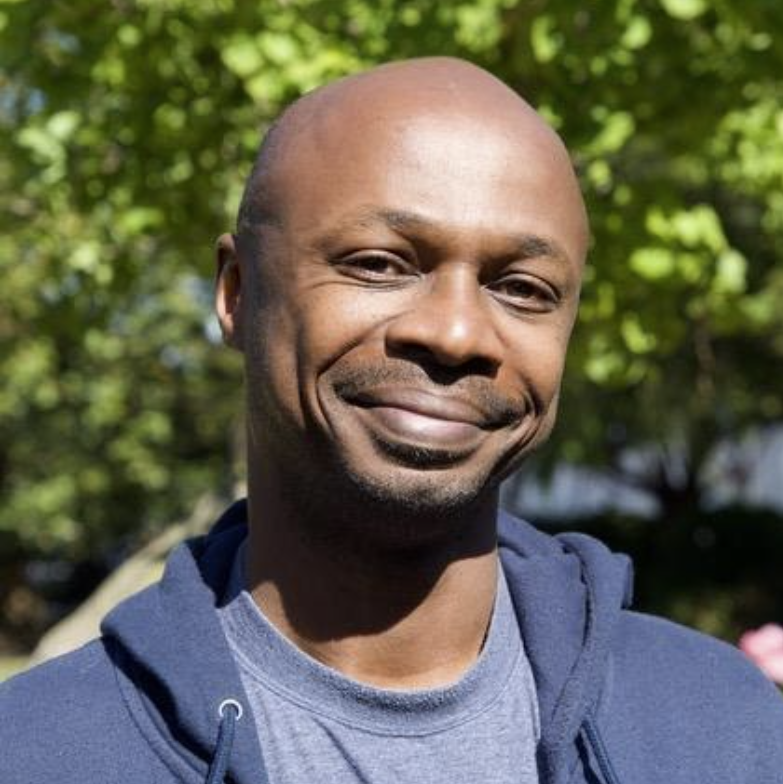Peter is a storyteller in several capacities. He works on the TV investigation strand called “Africa Eye” for the BBC as a director and a producer. However, his favorite storytelling is making documentary films like “I am Samuel”. He likes that this film was told over the time of five years and it holds a lot of love and honesty. These are the kinds of stories that he treasures because the authenticity of Samuel and his storyline is very relatable.
Peter is currently working to get “I am Samuel” shown in Kenya. In Kenya, there have been other films with LGBTQ themes in them that became restricted. This is the year Peter wants to push for his film to be shown. He also hopes to expand his reach to sub-Saharan Africa which in itself is a full-time job he says. “We are working hard to take Samuel back home in a sense.” He said until that’s done, he doesn’t think he will be able to start another project.
“I try to bring awareness and change through storytelling”. There was someone close to him who was struggling to come out and his parents were struggling to accept that the child was gay. He felt like he needed to do something so he tried to find a film that was relatable in that sense, but couldn’t find one. So, he decided to make one himself. It took five years to make “I am Samuel” but he hopes that it can be relatable to many stories back home.
“I call myself an ally. I’m a filmmaker and I thought the best way I can contribute is through film in furthering LGBTQ rights.” He says he’s there to lend his hand and see if progress can be made.
Peter says documentary film is more suited to his character because it is about patience and intimacy. “As a documentary filmmaker, you cannot tell your story if you do not intimately know your character and also if your character does not intimately know you and understand you.” He says it’s a fascinating challenge to get closer to the person you are filming and to create new relationships. He gets so much from it. Besides the audience, he loves the ability to be let into someone’s life so closely.
“No university in this world can teach me what I’ve learned, just by getting to know the people I have along the way of my work.” He says as filmmakers, they have the opportunity to be a mirror for society and show them what may be going wrong in their community. So, he advises people to “Have courage, follow your gut, be who you are and be true to yourself.”
He emphasizes what he believes is wrong with what is happening in Kenya. People in the LGBTQ community struggle with being seen as valid Kenyans. He argues that they should all have equal rights. “There is no greater citizen and there is no lesser citizen.” He goes on to say,“ I think it is absolutely wrong and I think it is immoral that we as Kenyans can think other Kenyans have fewer rights than others.”
He says the painful part of all of this is that Kenyans were colonized by the British and fought for equality in their own land. That being said, since the Kenyan people know what it feels like to be treated as second class, they should have empathy for those who are being put under the same scrutiny. They know what it’s like to not be able to be who you are and be validated and they still treat their fellow citizens poorly.
He says that sometimes even being outed at the workplace can get you fired. However, he also says that the attitude in Kenya is changing. More and more people are starting to see what is wrong and the LGBTQ community is getting more emboldened. There is currently a court case challenging a law that prohibits the expression of people in the LGBTQ community. The people are trying to get it repealed.
Peter says, ”As long as people have the energy to fight, change will come. Change won’t come when they give up. And in Kenya, they’re far from giving up.”

